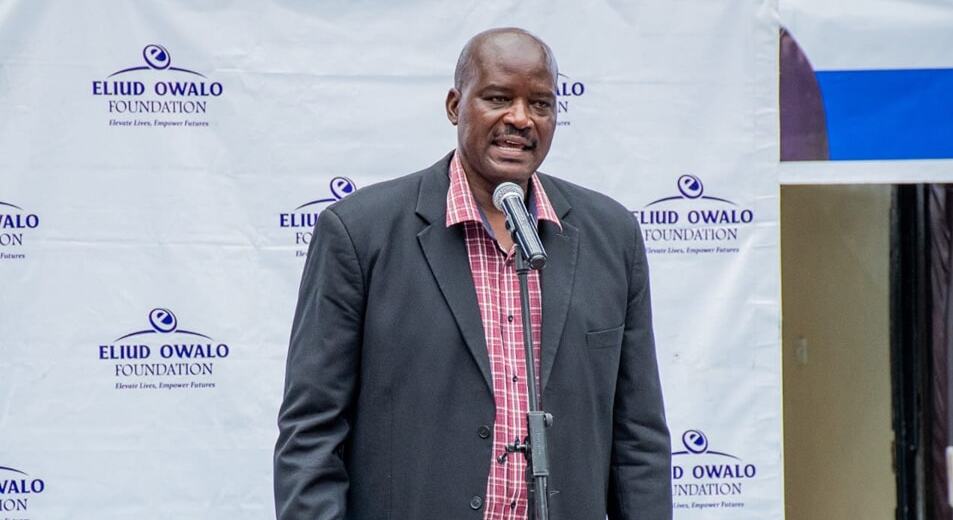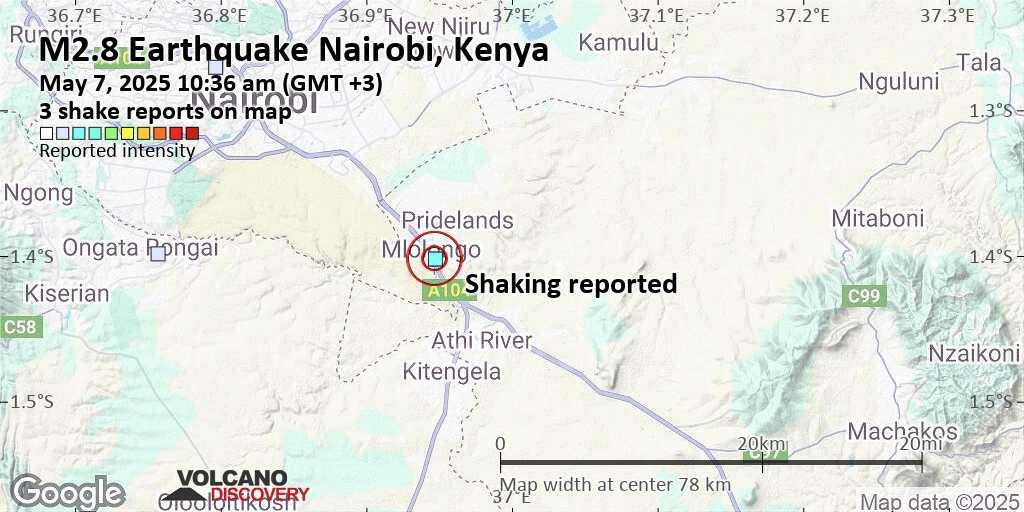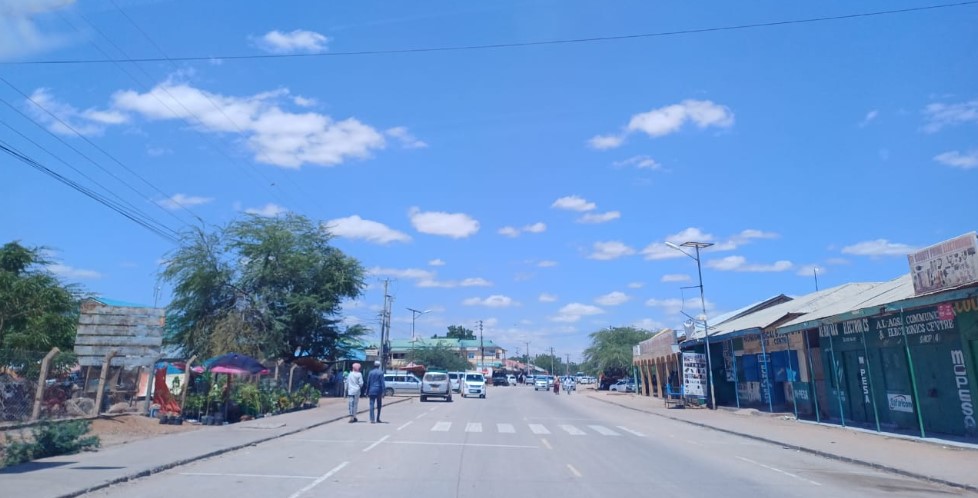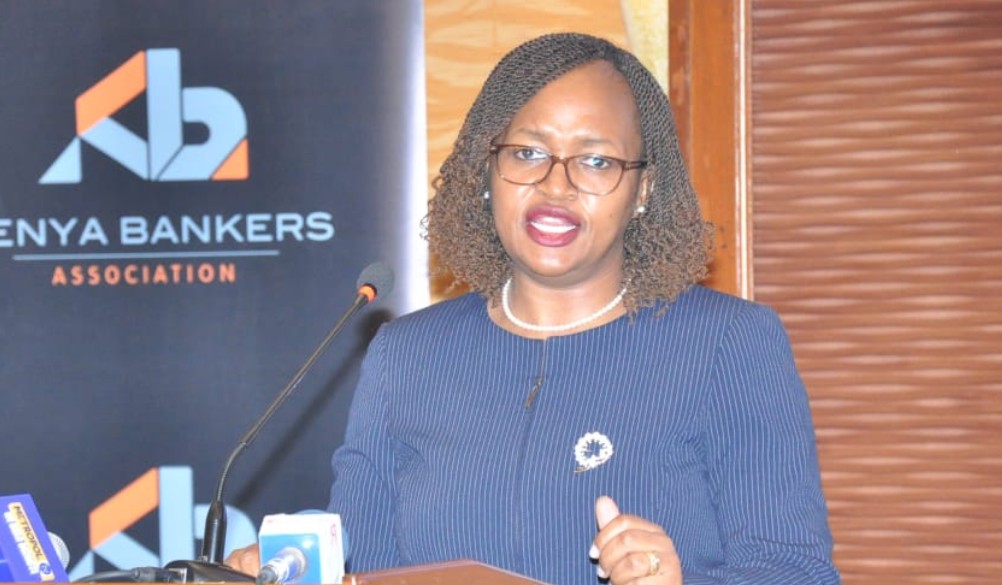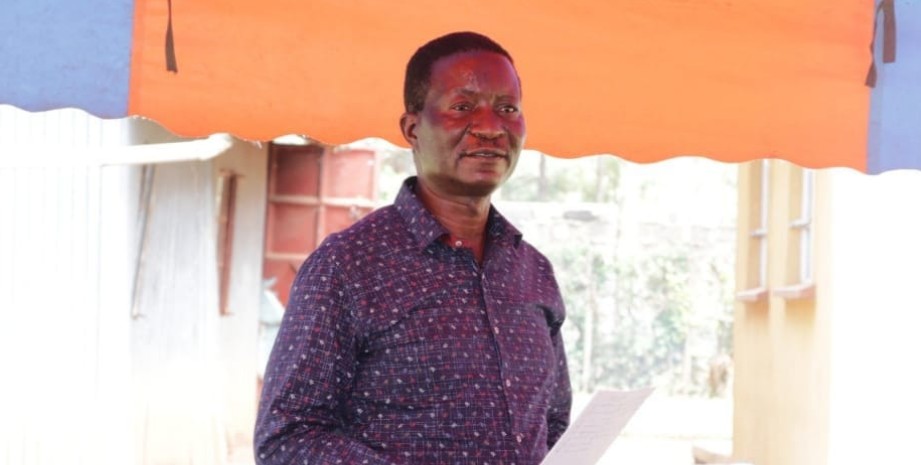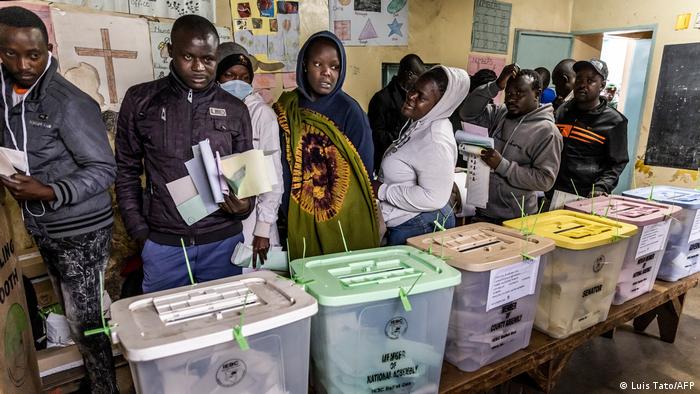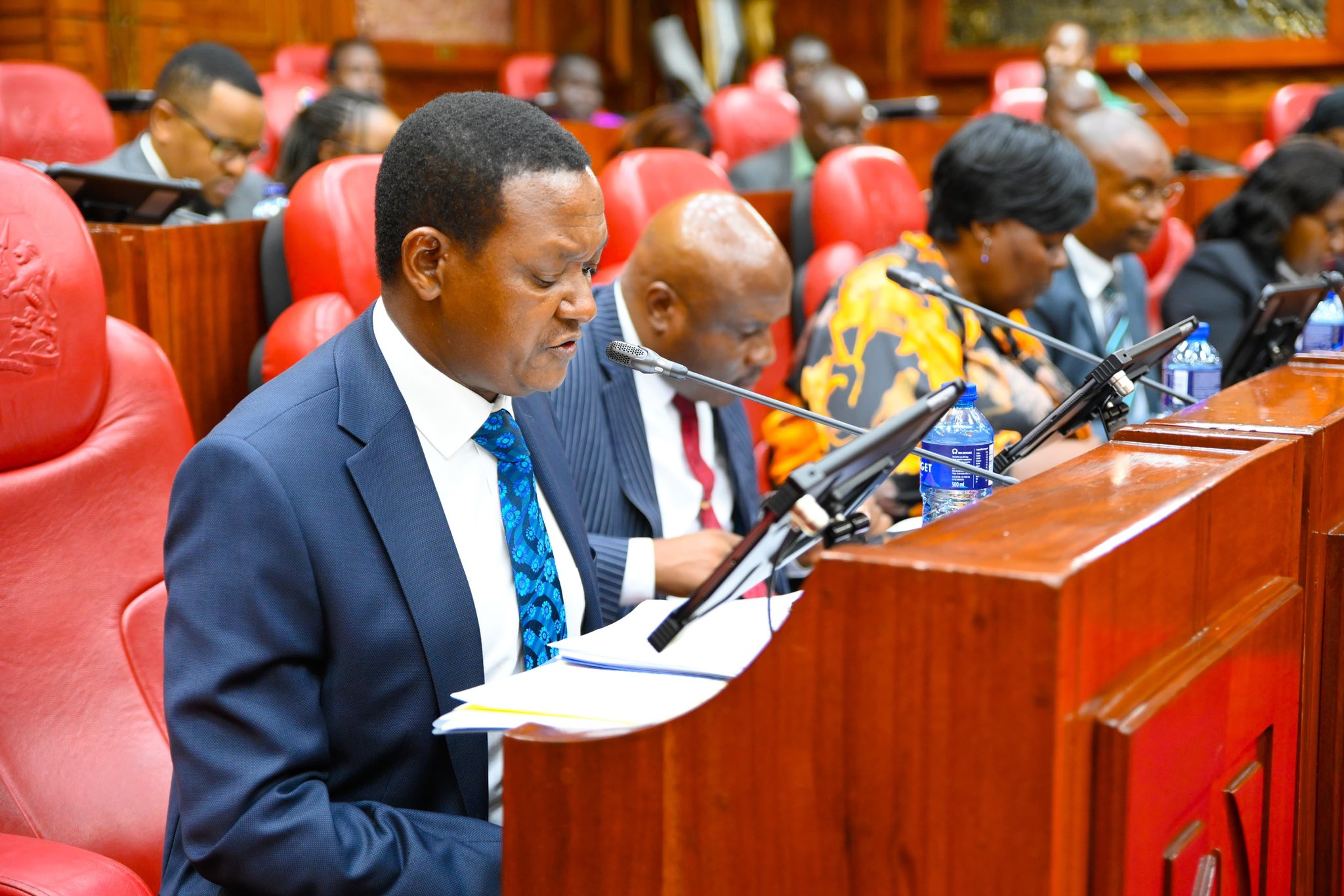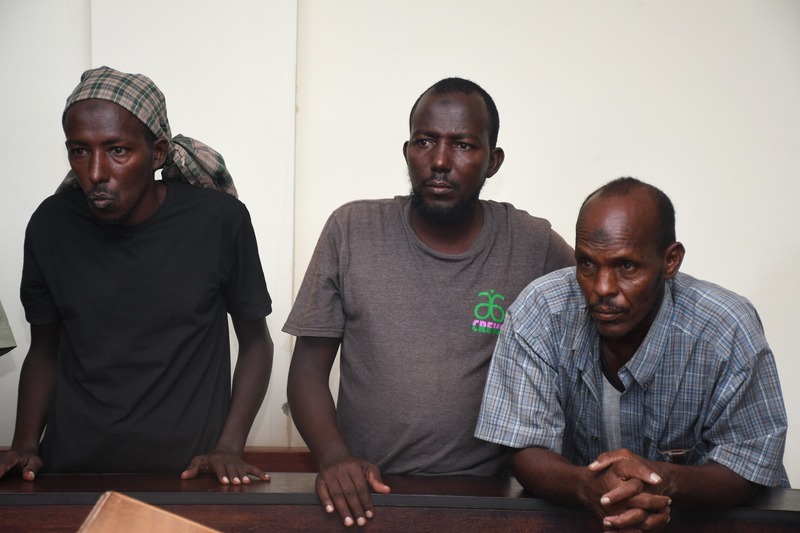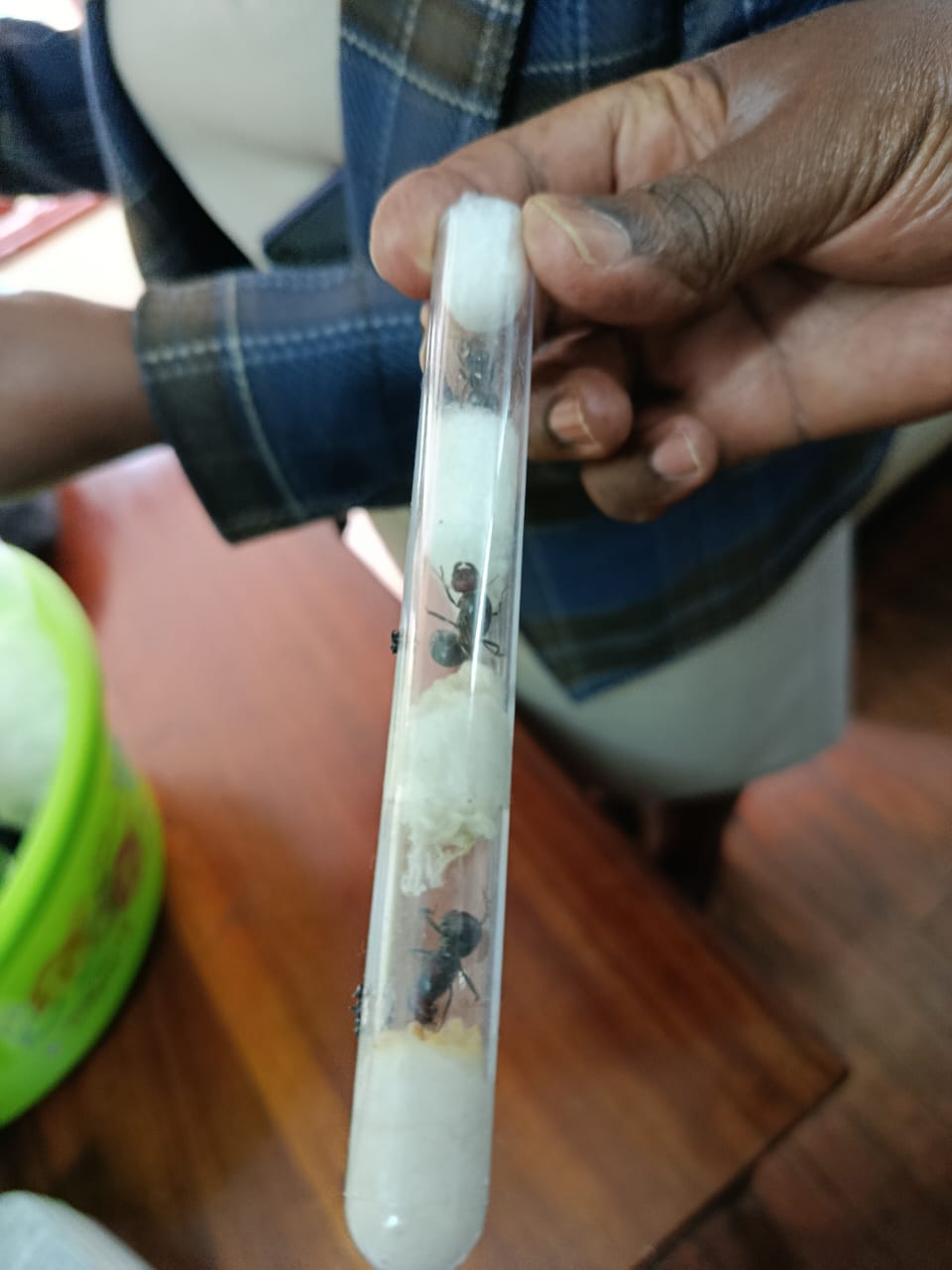Pastoralist communities urged to adopt modern agriculture amid climate change
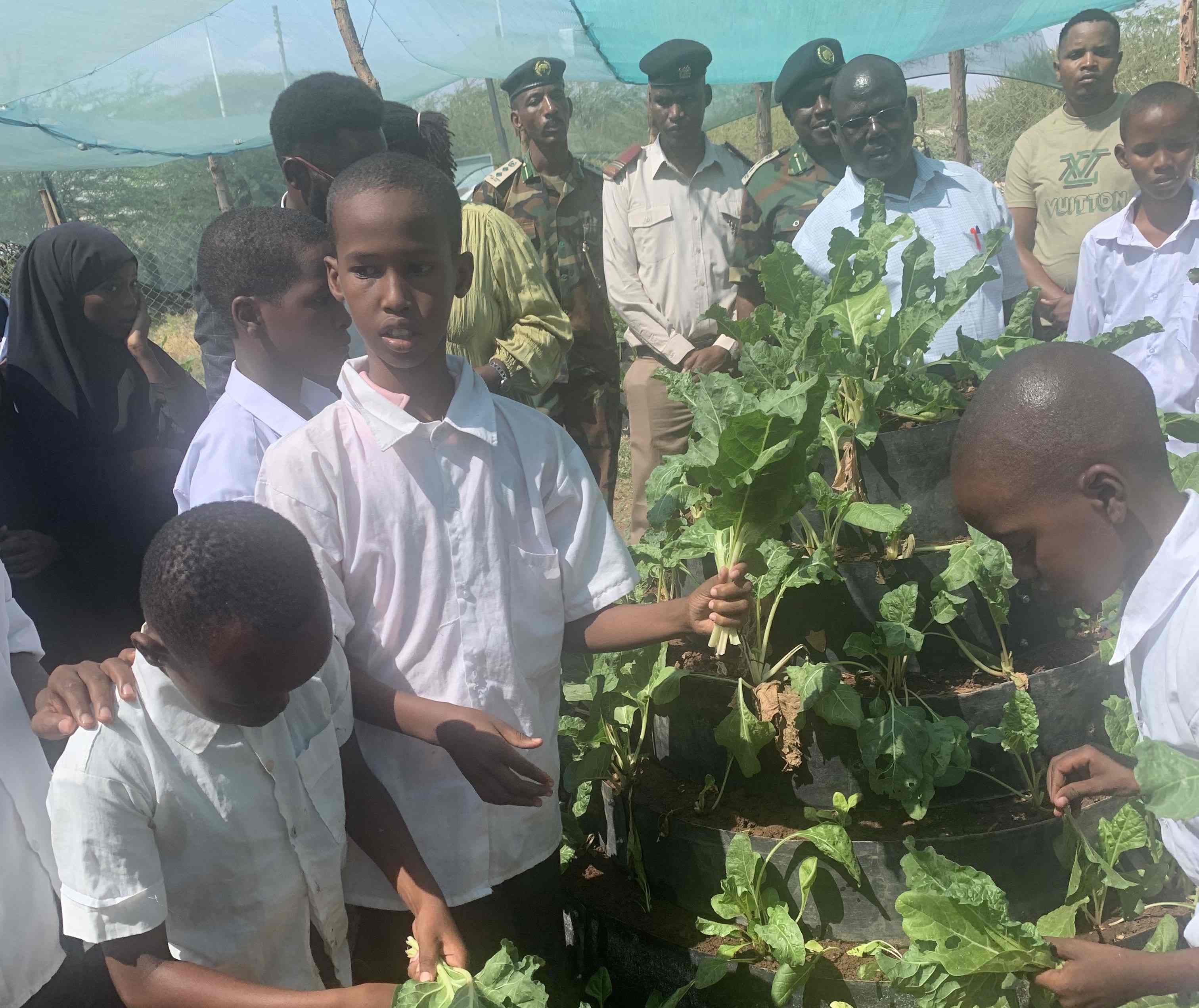
The school project has been successful since inception and will be extended to many ASAL schools where parents were grappling with the impacts of drought.
Local communities in Arid and Semi-Arid regions in Kenya were encouraged to embrace modern agriculture in the face of challenging climate change.
Officials from the 4gotten Bottom Millions and M-lugha who on Thursday officially handed over a Tech-Enabled Agricultural project funded by UK International to Yathrib Primary in Garissa township emphasised on the importance of adopting climate-smart agriculture that enhances productivity, innovation and economic sustainability.
More To Read
Michael Onyango, the founder of the 4BM organisation said the school project has been successful since inception and will be extended to many ASAL schools where parents were grappling with the impacts of drought.
"The vegetables obtained through the tech-enabled project will supplement the school feeding programme, it will enhance agricultural skills for the majority of pastoralists seeking crop production as alternative livelihood and resilience due to the circles of drought and will also be a source of income for the school," he said.
He encouraged the pastoralist communities to embrace modern agriculture along with livestock keeping.
Sheila Kidenda, the 4BM programme manager underscored the importance of the project that she said educated learners on modern farming.
"Apart from other benefits at the school level, learners gaining knowledge on smart agriculture that serves as lifetime skills that will help the pastoralist communities facing the challenges of climate change have an alternative source of livelihood," she said.
Pupils also receive tablets with a multi-lingual app from the M-lugha organisation that will help them monitor the progress of tech-enabled agricultural projects that support the growth of kales and spinach at the school.
Abdinoor Alimahdi, the CEO of M-lugha who donated tablets to the pupils during the project handing-over ceremony encouraged the learners to continue practising the skills they gained from the tech-enabled project and share back home with parents who can also adopt the project.
He said his organisation partnered with 4BM to support on technology skills where learners used the multi-lingual application to learn more on the project and monitor the smart agriculture project.
He said it was time to embrace the value of technology in practising modern agriculture in the wake of extreme climatic shocks.
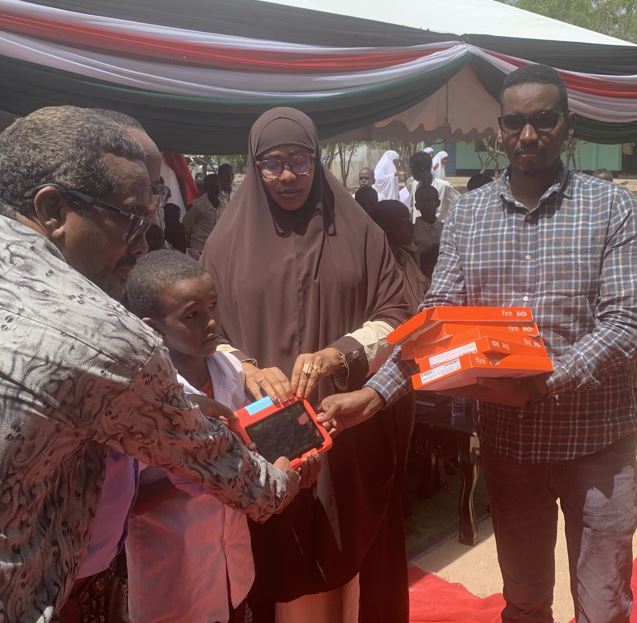 Headteacher Mohamed Osman Dure, CEC of Agriculture Milgo Dubow and pupils of Yathrib Primary School receiving tablets from M lugha organization to support the project. (Photo: Issa Hussein)
Headteacher Mohamed Osman Dure, CEC of Agriculture Milgo Dubow and pupils of Yathrib Primary School receiving tablets from M lugha organization to support the project. (Photo: Issa Hussein)
The Garissa county executive member for Agriculture and livestock Milgo Dubow who was the chief guest during the event appreciated the donors and implementing partners for piloting the project at Yathrib Primary School.
She said the project has successfully proven to be effective and learners gained a lot of skills.
"Having spinach and kales in the school lunch will have nutritional benefits and learners gain enough skills that help them practice agriculture back home," she said.
She encouraged the organisation to implement similar projects at various schools in Garissa County.
Mohamed Osman Dure, the school head teacher could not hide his joy in explaining the impact of the project at the school level.
He stated how the school diet improved with the introduction of the project and how learners were gaining lifetime skills in line with the new education system that promotes empowering learners with agricultural skills.
Mohamed said learners enjoyed the smart agricultural project and were ready to sustain the project using the skills they learnt.
Omar Abdi, who spoke on behalf of the parents said the project had influence beyond the school and many parents were motivated to extend to their home yards.
"It's very simple, the water consumption is low and we can practice at home, we will no longer go to the market to buy vegetables, together with our children we can do it," he said.
Aden Abdi a grade 9 student also highlighted the impact of the project that he said was influencing many students to become farmers in the future.
Representatives from the county commissioner's office and the forest department also emphasised more on the viability of the project which they said needs to be extended to the community level.
They also encouraged parents and teachers to grow enough trees at school and at home to reduce the impact of climate change.
Top Stories Today
